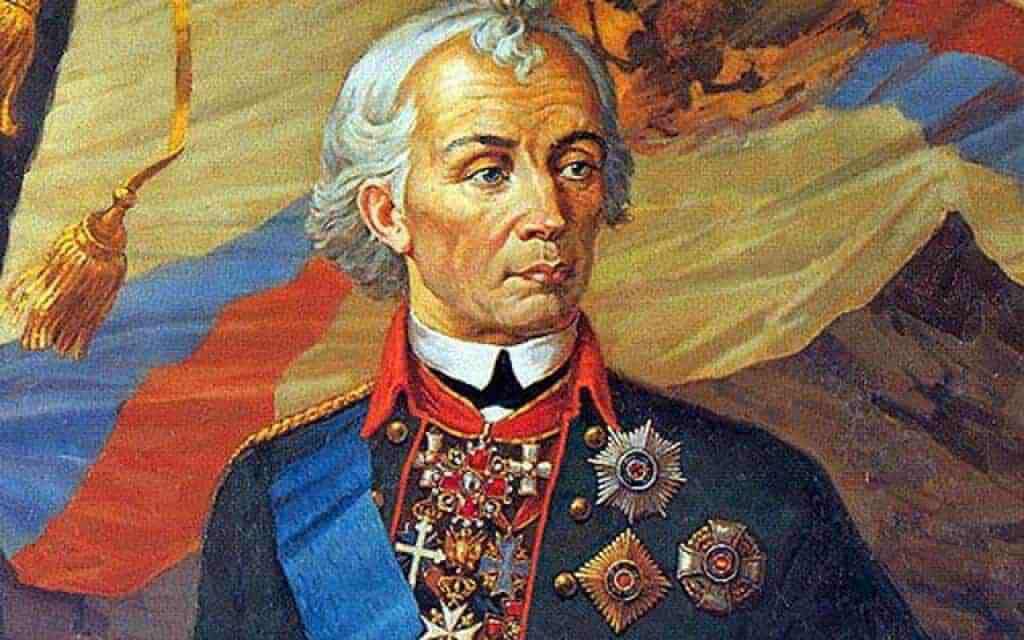When it comes to discussing the greatest military generals of all time, most people will opt for Alexander the Great, Julius Caesar or Napoleon. History is littered with the names of well-known commanders who achieved great victories and overcame seemingly impossible odds. In this article, I will look at lesser known military geniuses and shed light on their careers. While hardcore history lovers will doubtless have heard of all six, some of the names should be new to a large proportion of readers.
1 – Belisarius (505 – 565)
Flavius Belisarius is one of the greatest Byzantine generals and served under the reign of Justinian I. He was born in 505 and probably educated amongst Thracian peasants according to Edward Gibbon. The historian refers to Belisarius as the ‘Africanus of new Rome’ because of his success in reclaiming African provinces for the Empire. Unlike Scipio, Belisarius did not have the advantage of noble origin to help him along the way.

He began his career as a bodyguard to Justinian before the great ruler became emperor. Belisarius is credited with developing the bucellarii which was a new type of heavy cavalry armed with a sword, lance, and bow. The flexibility of this new fighting force ensured it was the best cavalry of the age. Justinian appointed Belisarius as leader of the empire’s border forces with Persia. It was a big risk because Belisarius was just 22 and while he had shown talent, he was completely untested as a military commander.
It was a masterstroke as he destroyed the Persians at Dara in 530 despite being outnumbered by at least 2:1. During this battle, he anticipated the enemy attack and dug covered ditches which the Persians plunged into during their cavalry charge. The Eternal Peace was signed between the two powers in 532 although it only lasted eight years. Belisarius was recalled to Constantinople that year, after his reputation had been damaged by a defeat at Callinicum in 531.
Upon his return to the capital, Belisarius was quickly called into action to crush a rebellion against Justinian in Nika. He was rewarded with command of the empire’s forces in its quest to reclaim African provinces lost to the Vandal kingdom. Within a year, he achieved his objective; this campaign included a brilliant victory in a battle where he was outnumbered 3:1. By now, Justinian had decided to reclaim as much of the Western Roman Empire as possible and ordered Belisarius to attack the Ostrogoths in Italy. He took Naples in 535 and Rome in 536. After defending Rome successfully, Belisarius took Ravenna in 540 and the Ostrogoths asked him to be their king! He refused, but a wary Justinian recalled his general as soon as possible.
Rome was retaken by the Goths soon after Belisarius left so he returned and beat them once again to reclaim Rome and depose the emperor the Goths had installed. His progress was hampered by a lack of supplies and an outbreak of the plague, so the campaign fizzled out. Belisarius was recalled to Constantinople yet again. His last campaign took place in 559 when he repelled the Bulgar attack on the capital. He was convicted of corruption and put in prison in 562; the charges against him were almost certainly false. Justinian pardoned him and made him a favorite at the imperial court. After several years of quiet retirement, Belisarius died in 565. He is one of the few commanders to have achieved military success on three different continents.

